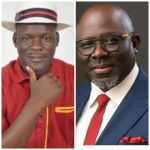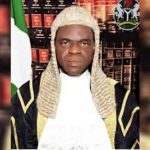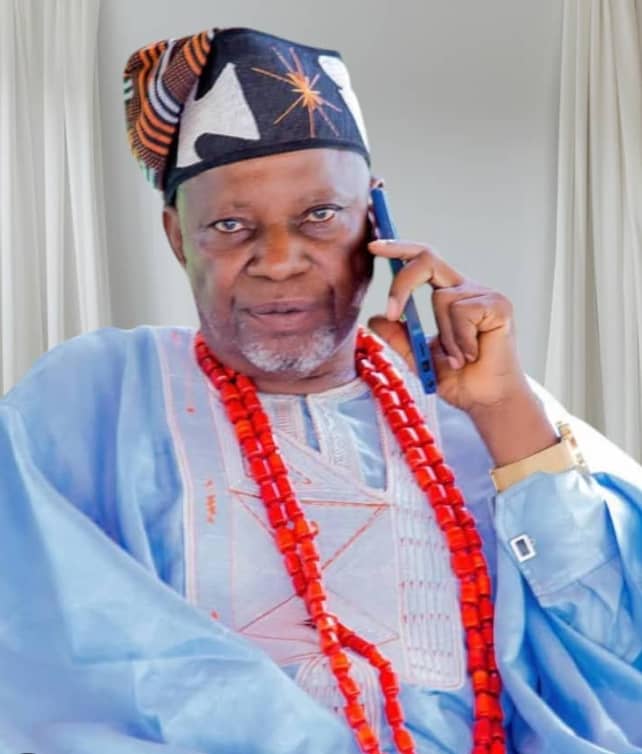Kogi Guber 2027: The Dangerous Logic of Political Subservience
High Chief Richard Asaje’s recent statement, “Calling on Hon Faleke to Contest Against Ododo, A Dangerous Step at this crucial time,” is not an act of political wisdom but a deeply flawed attempt to enforce the political status quo.
Such a position, which labels the legitimate clamor for an Okun Governor as based on “ignorance” and an “UNHOLY CLARION CALL,” must be rejected as hypocritical and shortsighted.
The demand for equity and fairness in the gubernatorial seat is neither dangerous nor premature.
If it is not too early to organize an endorsement rally for Governor Ododo’s second term—less than two years into his first—then there is no valid reason to silence the calls for an Okun governorship in 2027. The political standard must apply equally: What is sauce for the goose is sauce for the gander. The attempt to impose political quietude on one zone while encouraging vocal support for another is inherently unfair.
For over a decade, the political synergy between Kogi West (Okun) and Kogi Central (Ebira) was propagated as the “Only Surest Bet” to end the dominance of the Eastern axis. Yet, this partnership has devolved from a united front against domination into a clear-cut case of one partner replacing the old stronghold with a more sinister political stranglehold of its own. When a committed alliance results in the replacement of one form of marginalization with another, the alliance is effectively broken.
Chief Asaje conveniently ignores the core reason for the current distrust: the brazen treachery of the 2023 gubernatorial primary. In 2019, then-Governor Yahaya Bello promised Okun elders that his successor would be from Okunland. The people kept their side of the bargain; Alhaji Yahaya Bello reneged with impunity in 2023. After such a profound betrayal of trust, only the willfully naive would propose extending this “subservient partnership” for another full term.
To label the quest for an Okun governor as a “dangerous step” while simultaneously advocating for 16 unbroken years of Ebira leadership is a staggering display of political double standards. If 16 years of Igala rule was considered “democratic slavery,” then what moral argument justifies duplicating that same span of unbroken power by the Ebiras? The pursuit of a political mandate is not “thwarting synergy”; it is demanding true rotational equity.
It is hypocritical to attempt to water down the influence of the Presidency in gubernatorial matters. Chief Asaje cannot afford to be selective in recalling past events: Alhaji Yahaya Bello’s initial emergence as Governor was heavily influenced by the favorable disposition and political benevolence of the late President Muhammadu Buhari. If closeness with the incumbent President Bola Ahmed Tinubu and soaring popularity is what it takes for an Okun person to actualize their dream, then it is not a “crime”—it is simply the application of a known political strategy.
The most alarming aspect of Chief Asaje’s counsel is the passive acceptance it encourages. By insisting that resisting a status quo detrimental to Okunland is a “dangerous step,” he is essentially arguing for the internalization of oppression—adopting the oppressor’s narrative of helplessness and accepting the present situation as destiny. The capacity, capability, and achievements of Hon. James Faleke are undisputed; the unsolicited advice to abandon his state of birth only reinforces this attempt to enforce subservience.
The reality Chief Asaje must face is that there is no doom or shock worse than the failed promises of 2023.
Resistance to callous marginalization is never futile, and the Okun people will not allow their political destiny to be violated repeatedly by the pathetic logic of internal gatekeepers.
– Ponle Adeniyi
ponleadeniyi457@gmail.com












